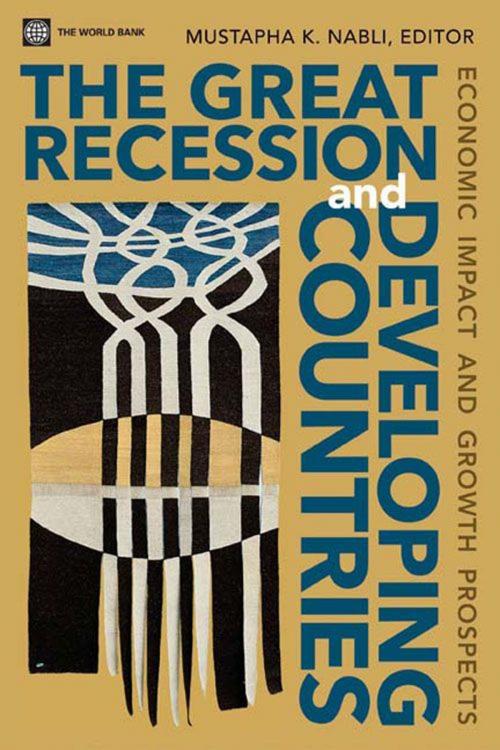The Great Recession And Developing Countries : Economic Impact And Growth Prospects
Business & Finance, Economics, Economic Development| Author: | Nabli Mustapha K. | ISBN: | 9780821385142 |
| Publisher: | World Bank | Publication: | December 1, 2010 |
| Imprint: | Language: | English |
| Author: | Nabli Mustapha K. |
| ISBN: | 9780821385142 |
| Publisher: | World Bank |
| Publication: | December 1, 2010 |
| Imprint: | |
| Language: | English |
The 2008-09 financial crisis which originated in the United States and rapidly spread to the rest of world resulting in the most severe and intense Great Recession since World War II has posed new challenges for international policy coordination and the management of national economies. Questions are being raised about globalization which has been a powerful engine of economic growth over the past three decades but exposes countries to more volatility and increases risk. What policies and reforms increase the resilience of developing economies to such external shocks? Which institutional arrangements and policy frameworks would allow them to respond most quickly and effectively? What role is there for international policy coordination and for emerging economies?The Great Recession and Developing Countries delves into 10 country case studies that explore growth during the precrisis boom the effects of the crisis policy responses and recovery. Looking beyond the crisis the volume undertakes projections of medium-term growth and explores the possible impact of the global crisis. The use of a common methodology in preparing the case studies facilitates cross-country comparisons and helps draw some useful lessons as well as identify areas where more study is needed. Although the case studies do not constitute a statistically representative global sample they illustrate a broad range of experiences in the wake of the Great Recession--covering Brazil China Ethiopia India Malaysia Mexico the Philippines Poland Turkey and Vietnam--and give insights on how developing countries can best prepare and respond to such crises. A synthesis chapter establishes the overall framework provides a summary of the global crisis and its effects on the countries studied and draws lessons from the 10 country studiesThis book will be of particular interest to development practitioners policy makers and academics.
The 2008-09 financial crisis which originated in the United States and rapidly spread to the rest of world resulting in the most severe and intense Great Recession since World War II has posed new challenges for international policy coordination and the management of national economies. Questions are being raised about globalization which has been a powerful engine of economic growth over the past three decades but exposes countries to more volatility and increases risk. What policies and reforms increase the resilience of developing economies to such external shocks? Which institutional arrangements and policy frameworks would allow them to respond most quickly and effectively? What role is there for international policy coordination and for emerging economies?The Great Recession and Developing Countries delves into 10 country case studies that explore growth during the precrisis boom the effects of the crisis policy responses and recovery. Looking beyond the crisis the volume undertakes projections of medium-term growth and explores the possible impact of the global crisis. The use of a common methodology in preparing the case studies facilitates cross-country comparisons and helps draw some useful lessons as well as identify areas where more study is needed. Although the case studies do not constitute a statistically representative global sample they illustrate a broad range of experiences in the wake of the Great Recession--covering Brazil China Ethiopia India Malaysia Mexico the Philippines Poland Turkey and Vietnam--and give insights on how developing countries can best prepare and respond to such crises. A synthesis chapter establishes the overall framework provides a summary of the global crisis and its effects on the countries studied and draws lessons from the 10 country studiesThis book will be of particular interest to development practitioners policy makers and academics.















